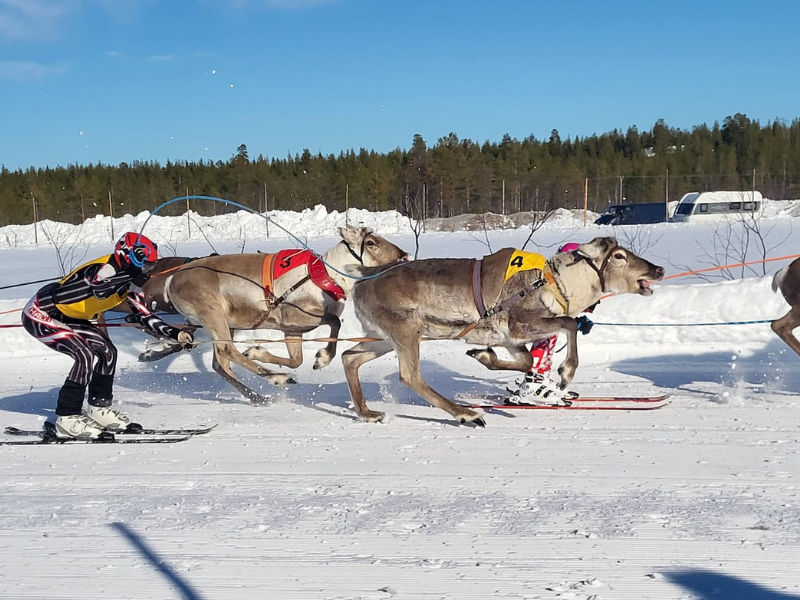Northern lights, the midnight sun, the magic of Christmas and the beauty of autumn colors… Lapland offers an incredible setting to study tourism. The same reasons that attract tourists year after year, from both abroad and southern Finland, make Lapland a top destination for tourism studies.
But with that magic of Lapland, there are some challenges as well: Are there already too many tourists in the winter? Why aren’t the working conditions for seasonal employees always ideal? And how are the animals used in tourism treated? Lapland presents fantastic opportunities and potential, but also challenges that need attention. Here are four reasons why studying tourism in Lapland is the best choice – because even challenges offer positive learning possibilities!
Seasonal tourism teaches flexibility and adaptability
Tourism in Lapland is highly seasonal, giving students the chance to experience the challenges and opportunities that come with different times of the year. During winter, northern lights, ski resorts and Santa Claus attract huge numbers of tourists, while summer focuses more on hikers and nature lovers. How would you improve summer tourism in Lapland? This dynamic environment helps students develop tourism services that appeal to different target groups throughout the year.
Tourists from all around the world
Lapland is truly an international destination. Studying tourism in Lapland gives you a chance to learn how to serve visitors from all over the world. This helps improve language skills and understanding of global tourism. International customers have different expectations and needs. At Lapland University of Applied Sciences, students start gaining real-world experience from the first year, and being proactive is a big advantage. Few fields offer hands-on experience this early!

Lapland has unique local ingredients and culture
The food culture in Lapland’s restaurants is strongly based on local ingredients, such as reindeer, berries and fish. Students have a unique opportunity to learn about sustainable tourism practices, where local products and culture take center stage. This knowledge is valuable, as sustainability and authenticity have become key themes in the tourism industry.
Wilderness and nature
Lapland’s wilderness and stunning natural landscapes make it an excellent place to develop nature-based tourism services. This environment offers a chance to create innovative and eco-friendly tourism products that appeal to the growing number of responsible travelers. In Lapland, nature is a central attraction, and learning to harness its potential responsibly is a key part of tourism education.
What would you add to the list?
Cover image: Canva